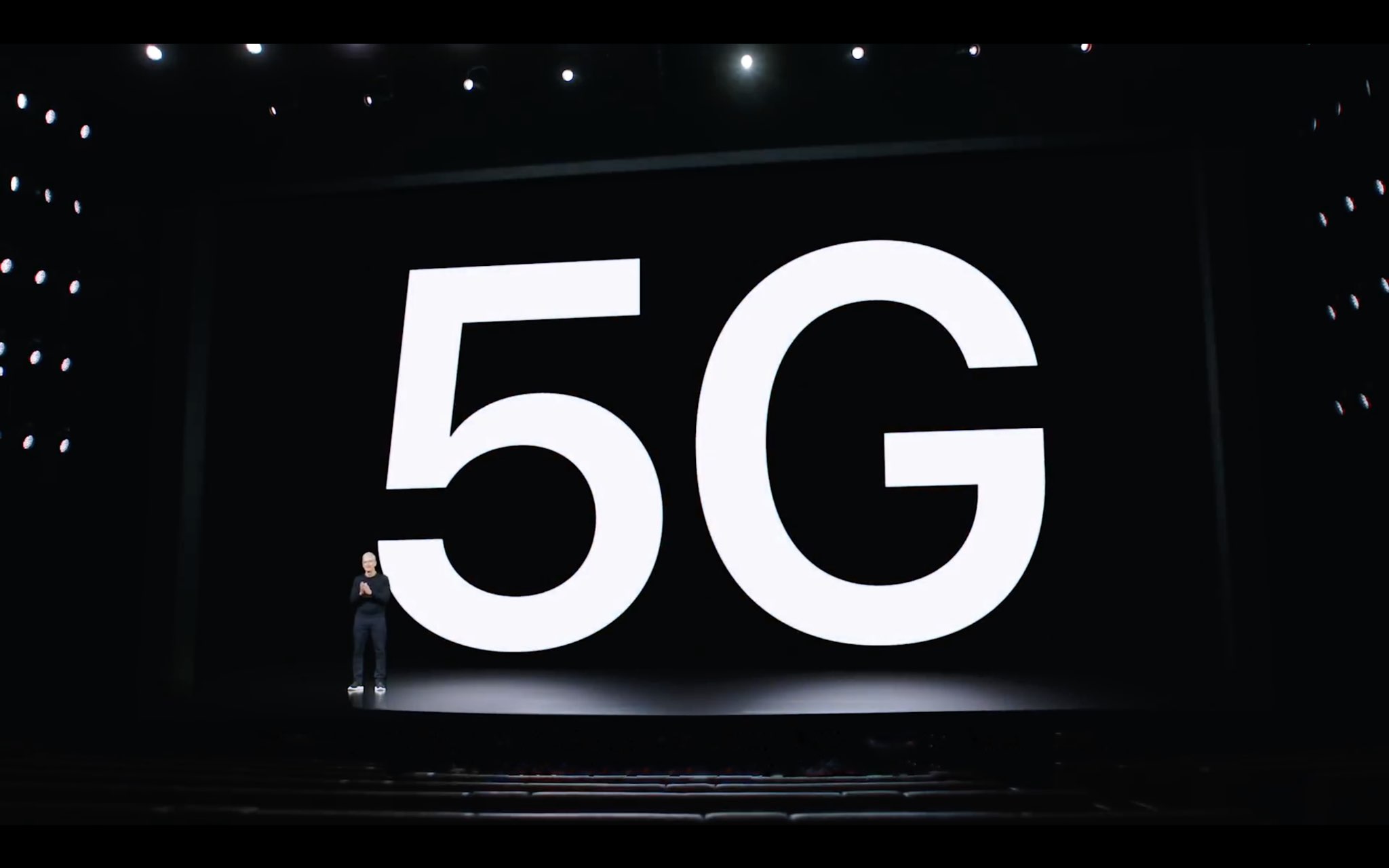
Using 5G networking on Apple’s latest shiny drains the battery about twenty percent faster than 4G, according to testing conducted by Tom’s Guide. The twenty percent reduction when using fast 5G networking translates into a two-hour hit in terms of battery life versus 4G.
“Compared to the Android competition, Apple’s new phones are a step behind those devices on our best phone battery life list, especially over 5G networks,” the site noted.
Their tests involved a script that kept the iPhone continuously surfing the Internet, visiting a new site every 30 seconds. The screen brightness was 150 nits the whole time. The site tested both the iPhone 12 and the more powerful iPhone 12 Pro, over both 4G and 5G.
Using 5G, the iPhone 12 lasted just eight hours and 25 minutes, while the iPhone 12 Pro lasted nine hours and six minutes. When using 4G, the iPhone 12 and 12 Pro perform better enduring for ten hours and 23 minutes and 11 hours and 24 minutes, respectively.
This means that the iPhone 12 and iPhone 12 Pro’s battery life drains around 20 percent faster when using 5G in this artificial benchmark. The same test on the iPhone 11 in 2019 yielded a result of 11 hours and 16 minutes over 4G, and the iPhone 11 Pro achieved ten hours and 24 minutes.
Toms’ Guide compared the numbers to Android competition:
Samsung’s Galaxy phones generally last longer on a charge over 5G, though they lose a lot of juice when their screens are set to the faster 120Hz refresh rate. For example, the Samsung Galaxy S20 lasted 9:31 on 5G but that dipped down to 8:04 at 120Hz.
The Samsung Galaxy S20 Plus lasted 10:31 over 5G, which is nearly 1.5 hours longer than the iPhone 12 Pro. The runtime of Samsung’s phone dropped to 8:55 at 120Hz, which is slightly worse than the iPhone 12 Pro over 5G.
The OnePlus 8T is another Android phone that outlasts the iPhone 12 and iPhone 12 Pro. It turned in a runtime of 10:49 at 60Hz and 9:58 on 120Hz, both over 5G.
Google’s Pixel 5 was nearly an hour better than the iPhone 12 at 9:56; it dropped to 9:29 with the screen set to a faster 90Hz refresh rate. Both of those times are well ahead of the iPhone 12’s 8:25 result over 5G.
We’re obviously in early days of 5G and this is Apple’s first-even 5G smartphone after all so it’s understandable they’re still learning, but the difference is pretty dramatic nonetheless. The Android world, on the other hand, has been building 5G-enabled handsets for the past year.
To help preserve battery life, the new iPhones have so-called Smart Data mode that only turns on 5G antennae when high download speeds are actually needed, as determined by Siri intelligence. It works by intelligently assessing 5G needs and balancing data usage, speed and power in real time, according to Apple. Of course, people who don’t have the need for 5G, or live in an area with poor 5G reception, can manually disable 5G in Settings to preserve battery life.